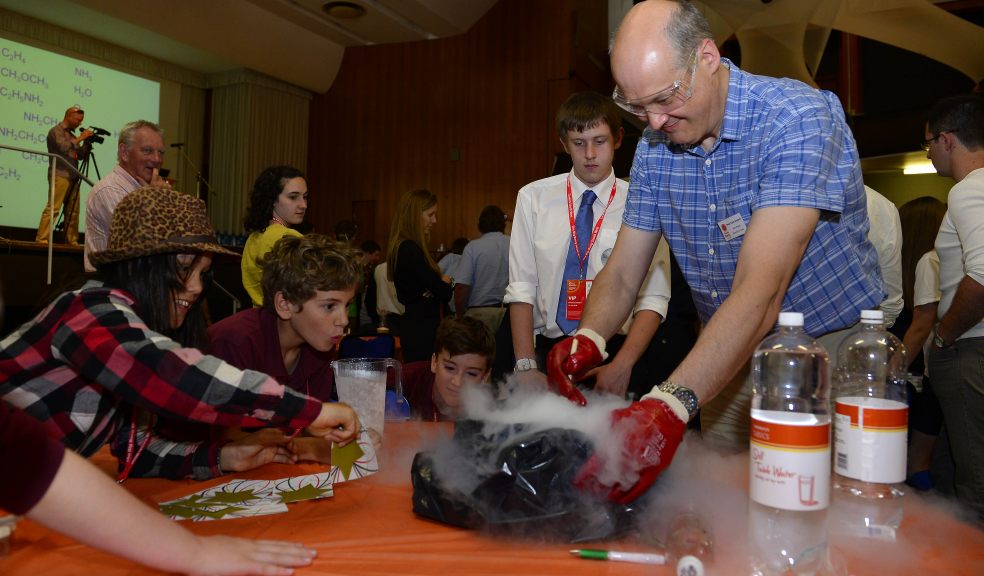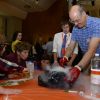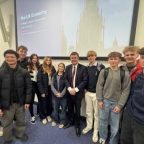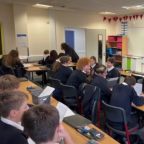
The Big Bang moment is approaching!
Young people from across Exeter will be experiencing their very own Big Bang moment at the South West’s biggest-ever science, technology, engineering and maths fair next week.
Exeter University, which will host the fourth Big Bang Fair South West on June 26, will be a hive of activity as 2,500 students, teachers and guests arrive for a day of education, engagement and competition, backed by the Education Business Partnership – South West.
Nearly 150 student projects from schools across the South West will be on show to be judged by a panel of over 100 industry professionals for the chance to win the coveted UK Young Scientist or Engineer of the Year awards, along with other fantastic prizes at the British Science Association’s National Science and Engineering Competition.
From the city, Southbrook College and West Exeter Technology College are among those entering projects, with pupils from Bramdean School, Clyst Vale Community College, Ladysmith Junior School, St Luke's CE Science & Sports College and St Wilfrid's School also heading to the fair to see some mind-blowing science in action.
Students will also be inspired by more than 80 interactive trade stands, featuring regional and national businesses, including the Met Office and Western Power Distribution. There is also an innovative Mega Class – a mass physics lesson for 550 pupils in a single room – hosted by the National Space Centre, and an Ugly Animal Roadshow, hosted by the co-presenter of Channel 4’s Inside Nature’s Giants, Simon Watt.
Event organiser Janie Harper said: “This is a wonderful opportunity to get the creative juices flowing and get inspired about a career in STEM. This is the fourth Big Bang EBP-SW have organised in partnership with Careers South West and it is something that continues to go from strength to strength.
“Everyone should be interested in science and engineering because, not only are they fascinating subjects in their own right, but they encourage curiosity, and from curiosity we make discoveries – and discoveries are exciting and life-changing!”




















